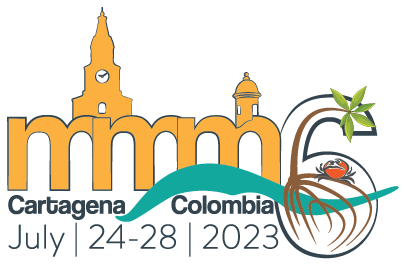Genetics and genomics approaches are powerful tools for conservation of mangrove biodiversity
Habitat degradation and climate change are among the main causes of the increasing global loss of biodiversity, and mangroves are no exception. Mangrove forests host a unique faunal community, dominated by brachyuran crabs and gastropods which strongly contribute to the functionality of the entire ecosystem. The global biodiversity crisis calls for information able to accurately describe and identify species, to define conservation units and to monitor how biodiversity responds to different environmental pressures over time. In this context, genetic and genomic data may offer a great contribution to inform efficient management and conservation plans.



